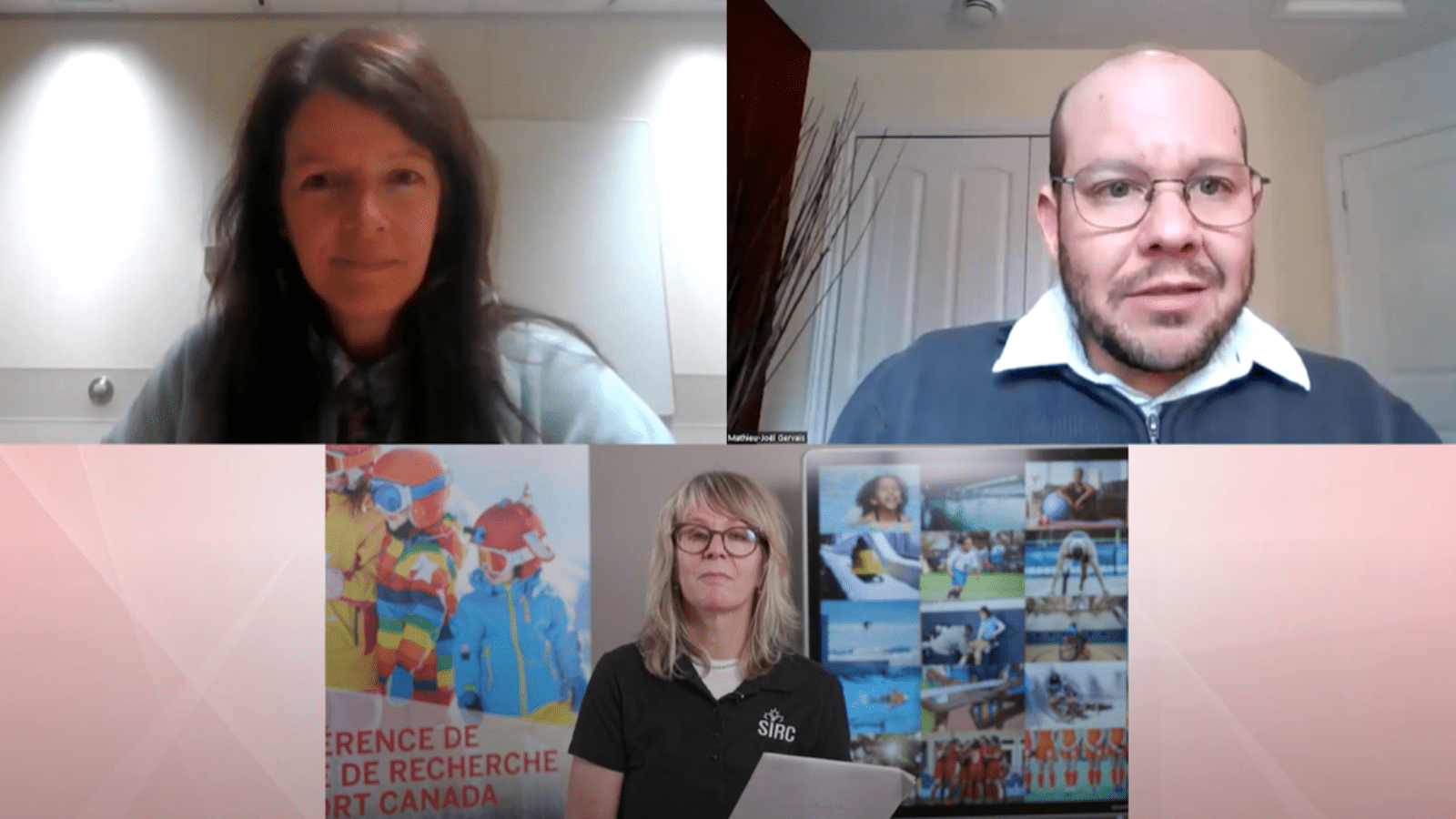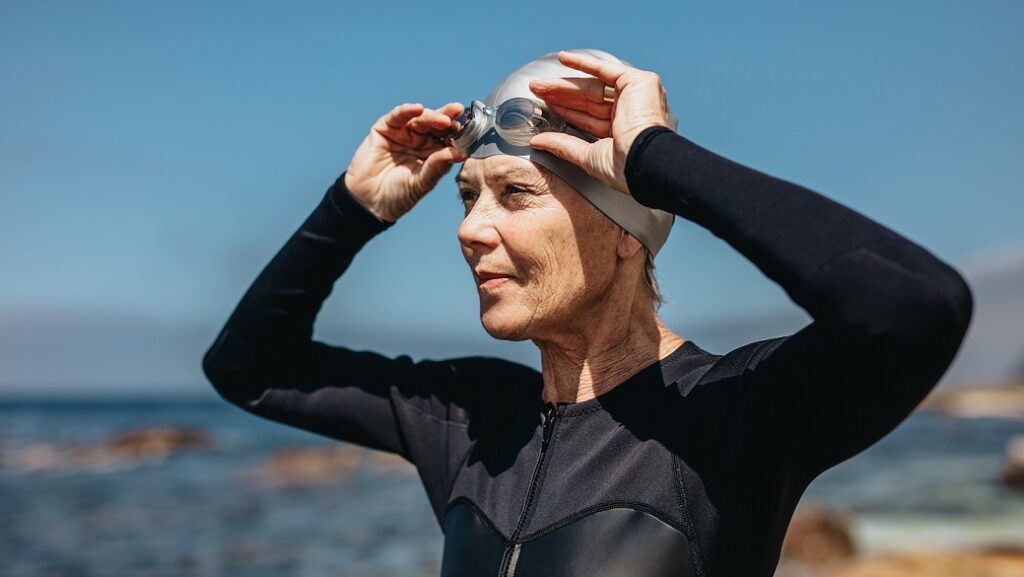Promoting sports participation: Exploring physical activity patterns and role models of aging amongst older persons
SCRI: Aging Expectations in Physical Activity Behaviours (Part 1)
SCRI: Aging Expectations in Physical Activity Behaviours (Part 2)
Winter of Our Contentment: Examining Risk, Pleasure, and Emplacement in Later-Life Physical Activity – Poster
Role Models of Aging: Fostering sports participation among older adults
Driving Change Spotlight – Lucie Lapierre & Mathieu-Joel Gervais

How the sport system can best support lifelong participation in sport

Highlights The engagement and retention of adult sport participants is often overlooked within sport systems and organizations that focus predominantly on youth Despite coaches playing a key role in Masters sport, there are no clearly identified pathways into Masters coaching Masters athletes are often relegated to the worst practice times and facility resources This SIRCuit…
Adult-oriented coaching approaches
Adult-oriented coaching approaches respect Masters athletes’ matured self-concept and how it influences their approach to learning. Research shows effective coaches consider the individuality of athletes, share their own knowledge and experience, and respect athlete preferences for effort, accountability and feedback.
Hallmarks of a quality masters sport experience
Research on the experiences of Masters athletes identifies eight “Hallmarks of a Quality Masters Sport Experience“. These include intellectual stimulation, testing and assessing oneself, quality relationships, and feeling validated.
Aging and sport
Older adults participate in sport for several reasons, with some of the most common motivators including improved health, a desire to age with ease, and opportunities for social or community connection. Providing older adults with a variety of program types, including programs that cater to individuals with health limitations, is important to ensure older adults…